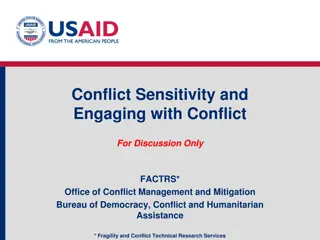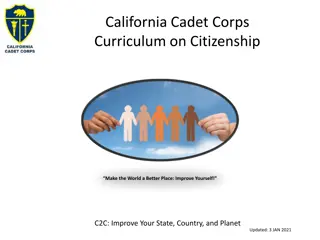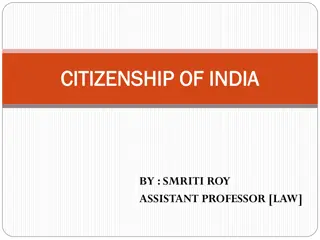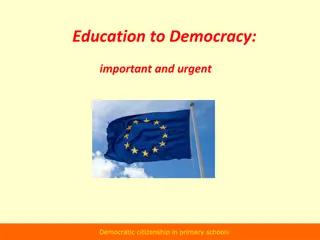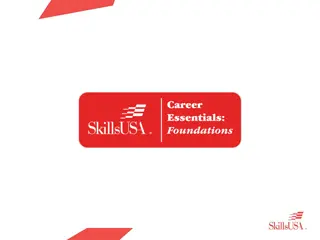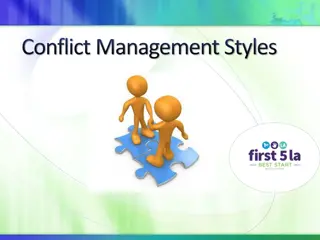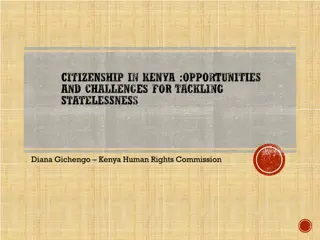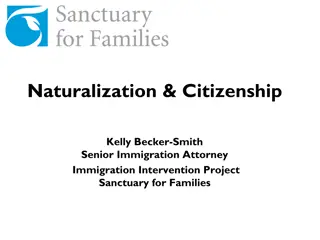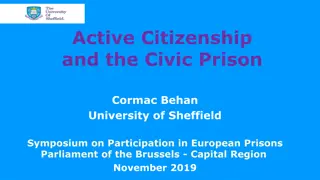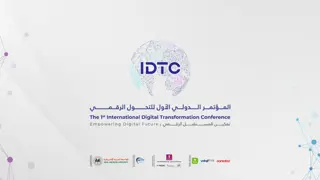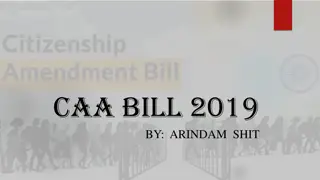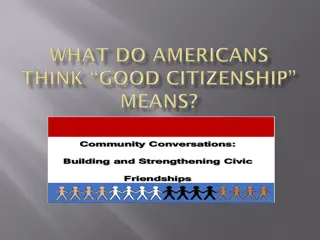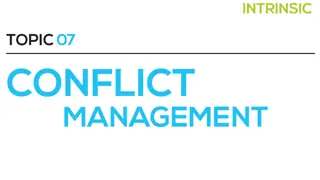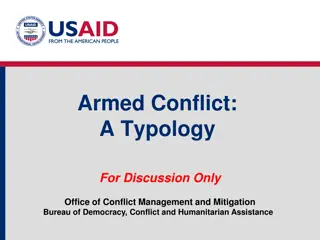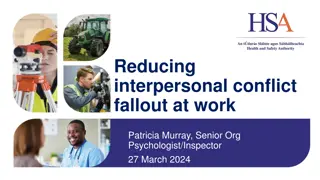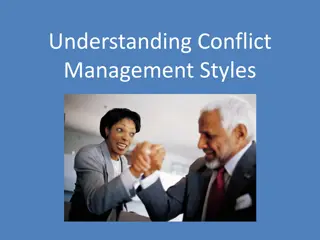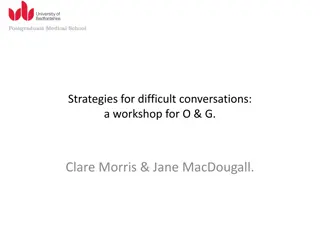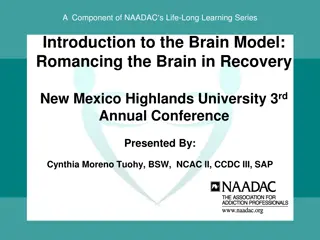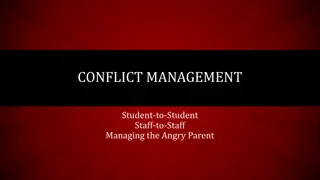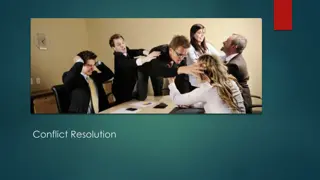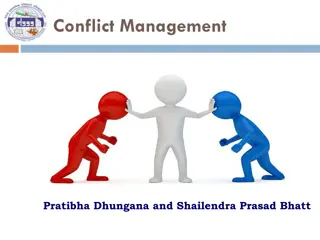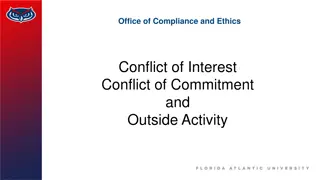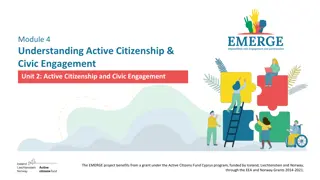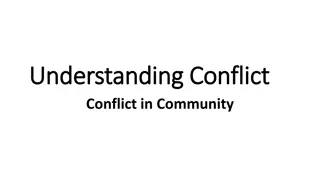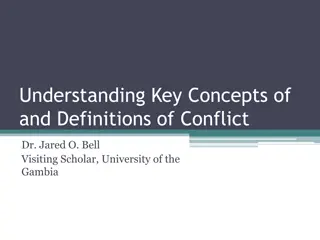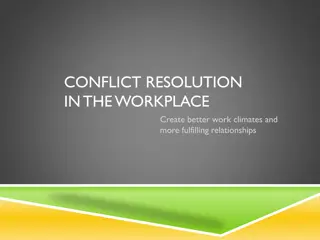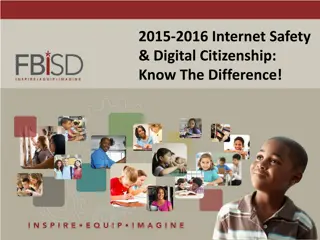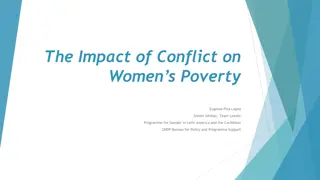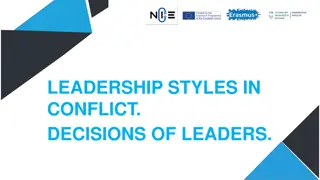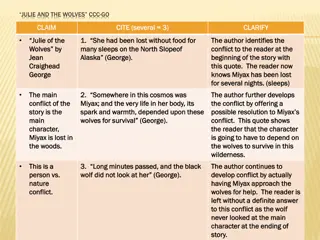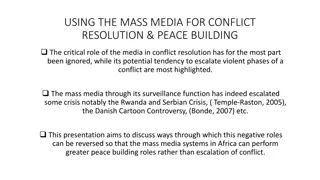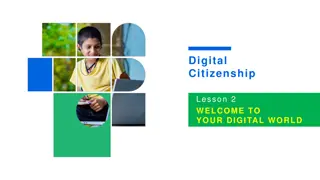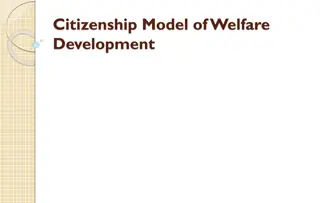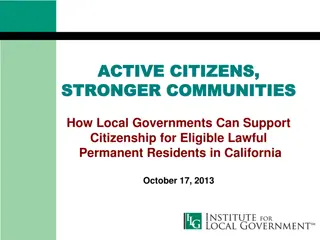Cultivating Environmental Citizenship and Conflict Transformation Skills
Encouraging education for environmental citizenship, this presentation delves into the need for changes in lifestyle, production, and consumption to combat environmental degradation. Emphasizing the importance of understanding numeracy, statistics, and conflict management skills, it advocates for non-violent activism and democratic disagreement to tackle sustainability challenges effectively.
Download Presentation

Please find below an Image/Link to download the presentation.
The content on the website is provided AS IS for your information and personal use only. It may not be sold, licensed, or shared on other websites without obtaining consent from the author. Download presentation by click this link. If you encounter any issues during the download, it is possible that the publisher has removed the file from their server.
E N D
Presentation Transcript
Education for Environmental Citizenship John Barry Professor of Green Political Economy Queen s University Belfast j.barry@qub.ac.uk @ProfJohnBarry
Link to yesterdays presentation on green republican citizenship Outlining education for such form/s of active citizenship Cultivating the habits, practices and forms of knowledge for such forms of citizenship Cultivating character and virtues
The Popes Encyclical Laudato Si The climate is a common good, belonging to all and meant for all. .. Humanity is called to recognize the need for changes of lifestyle, production and consumption, in order to combat this warming or at least the human causes which produce or aggravate it. The problem is aggravated by a model of development based on the intensive use of fossil fuels, which is at the heart of the worldwide energy system . The human environment and the natural environment deteriorate together; we cannot adequately combat environmental degradation unless we attend to causes related to human and social degradation. Environmental education now includes a critique of the myths of a modernity grounded in a utilitarian mindset (individualism, unlimited progress, competition, consumerism, the unregulated market) (2015, section 210).
Numeracy and statistics Educating and empowering citizens to understand and not be confused or brow beaten by statistics and increasing use of them in political debate and discourse Understanding basic critical statistical concepts such as margin for error, sampling bias within surveys and opinion polls, correlation versus causation
Conflict management and transformation skills Democracy as non-violent disagreement Pluralism over causes and solutions to actually existing unsustainability Non-violence forms of direct activism NVDA Tactics and ethics of civil disobedience alongside effective use of existing representative democratic institutions and electoral politics
Conflict Transformation If, as indicated yesterday, from a green republican citizenship perspective, achieving sustainability is a choice to live in a different type of society (and not simply a low carbon, resource efficient version of the current one), this will inevitably produce disagreement, debate and winners and losers Skills of identifying and resolving sources of conflict that could lead to violence and /or serious social division But also seeing non-violent disagreement around the transition from unsustainability as positive agonistic democratic politics and creativity and innovation from a clash of ideas Sustainable development as positive for peace building
Justice and conflict transformation, beyond win-win NOT about searching for win- win solutions given the distributional /injustice focus of a republican approach Policies or strategies which take from the wealthy to give to the poor are permissible Direct challenge to the conservative ideological logic of the Pareto principle putting distributional justice at heart of sustainable development And move from economic growth as the solution (and trickle down economics ) to sharing and fair shares for all From economic growth to economic security (Barry, 2012) and beyond orthodox GDP, consumerism to human flourishing Education in and awareness of what produces and maintains human flourishing
Democratising workand education Why should democracy and the practices of democratic citizenship end at the factory gate? Office door? Seminar room door? in the 20th century the democratic movement crashed headlong into the locked factory gate. This is why my democratic totem is that of a worker cooperative, since the expansion of democracy into workplaces, and throughout the economy more generally, represents the next major step in the expansion of human freedom. The old fight for the franchise continues today in the form of the struggle for economic suffrage and economic citizenship. (Malleson 2013) And also in the sphere of education, co-producing knowledge, giving learners voice and vote in what and how they learn
Education as a the practice of freedom Paulo Freire
Beyond the industrialised banking mode of education "The more students work at storing the deposits entrusted to them, the less they develop the critical consciousness which would result from their intervention in the world as transformers of that world (Paulo Freire) Critical pedagogy providing the conditions for students to not only understand how power works but also enables them to become critical agents who actively question, critique systems- To inculcate in students a healthy scepticism about power (including our own as teachers). Education as something students do, not something done to them Students as co-creators of knowledge
Example - A plea for pluralism and debate in teaching economics Why is the teaching of economics dominated by one form of economic thinking neoclassical economics ? Which obscures/hides/occludes its normative assumptions and presents itself as objective, disinterested and value-free ? Troubling in context of knowledge bases/disciplines that there is one dominant school of thinking which crowds out others Despite there being many other schools of economic thinking Thus removing the possibility of critical dialogue between these different forms of political economy
We should, as teachers, prepare [students] in advance for the task of renewing the common world .the problem is simply to educate in such a way that a setting-right [of the world] remains actually possible, even though it can, of course never be assured . Hannah Arendt





